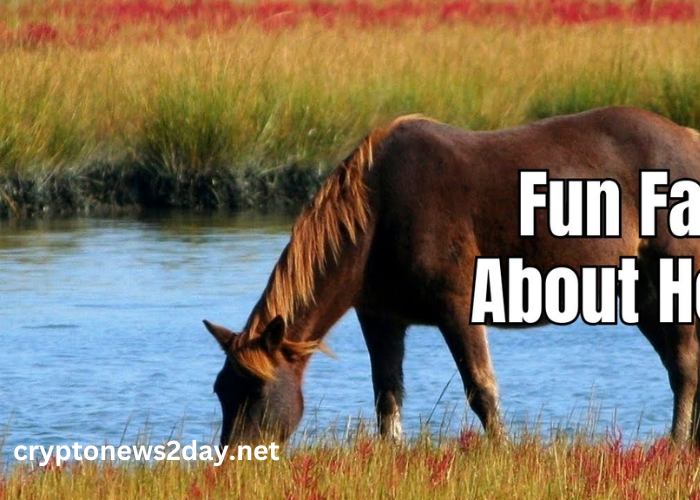Horses, with their grace, strength, and beauty, have fascinated humans for millennia. These magnificent creatures have played a pivotal role in shaping human history and culture, leaving an indelible mark on civilizations across the globe. From their early domestication to their presence in modern society, horses have been more than mere animals; they have been companions, warriors, and symbols of freedom and power. Explore the world of horse racing with France Cheval Turf. Get the latest news, tips, and insights to enhance your betting experience.
The Early Domestication of Horses
The domestication of horses began around 4,000 BCE on the steppes of Central Asia. This event marked a significant turning point in human history, providing a new means of transportation and revolutionizing agriculture. The horse’s ability to cover vast distances quickly enabled early humans to expand their territories, establish trade routes, and interact with distant cultures. The mobility provided by horses also facilitated the spread of ideas, technologies, and even languages, contributing to the development of complex societies.
Horses in Ancient Civilizations
In ancient civilizations, horses were revered and often associated with divine or royal status. In Egypt, chariots drawn by horses were symbols of power and prestige, used by pharaohs and their armies to demonstrate strength and superiority. The legendary horse, Bucephalus, ridden by Alexander the Great, is another testament to the significance of horses in warfare and leadership. In Greek mythology, horses were linked to gods like Poseidon, who was believed to have created the first horse.
The Role of Horses in Warfare
Throughout history, horses have been indispensable in warfare. The cavalry units of ancient and medieval armies were the elite forces, capable of swift attacks and strategic maneuvers. The Mongol Empire, under Genghis Khan, utilized horses to create one of the largest contiguous empires in history. The speed and endurance of their horses allowed the Mongols to execute rapid, far-reaching campaigns, often outpacing and outmaneuvering their enemies.
In the Middle Ages, the chivalric culture revolved around the horse. Knights in shining armor, mounted on powerful steeds, became the epitome of martial prowess and noble virtue. The bond between knight and horse was crucial, as success in battle often depended on the horse’s training and the rider’s skill.
Horses in Culture and Art
Beyond their practical uses, horses have inspired countless works of art, literature, and folklore. In art, they have been depicted in various forms, from the dynamic motion captured in Eadweard Muybridge’s photographic studies to the majestic sculptures of equestrian statues that adorn city squares worldwide. In literature, horses feature prominently in epic tales, symbolizing freedom, strength, and companionship. The works of writers like Anna Sewell, whose novel “Black Beauty” highlighted the plight of horses in Victorian England, have brought attention to the humane treatment of these animals.
The Symbolism of Horses
Horses symbolize various attributes across different cultures. In many Native American cultures, the horse is seen as a symbol of power, grace, and spiritual freedom. The introduction of horses by European settlers transformed the lives of many Indigenous tribes, enhancing their mobility and hunting capabilities. In contrast, in Chinese culture, the horse is one of the twelve zodiac animals and represents speed, perseverance, and loyalty.
Modern-Day Roles of Horses
In contemporary society, horses continue to hold a special place, albeit in different roles. They are central to equestrian sports, including racing, dressage, and show jumping, showcasing their athleticism and the deep connection between horse and rider. Therapeutic riding programs also leverage the gentle nature of horses to aid in the rehabilitation of individuals with physical, emotional, and cognitive challenges.
Moreover, horses remain symbols of heritage and tradition in many cultures. Festivals, parades, and ceremonies often feature horses, celebrating their historical significance and ongoing importance. For instance, the Spanish tradition of “rejoneo” (horseback bullfighting) and the iconic mounted units in royal parades in the United Kingdom highlight the enduring bond between humans and horses.
Conclusion
The majestic world of horses is a testament to their enduring impact on human history and culture. From ancient battlefields to modern sports arenas, horses have been steadfast companions, symbols of power and beauty, and sources of inspiration. As we continue to cherish and respect these magnificent creatures, their legacy lives on, reminding us of the profound connections that have shaped our past and continue to influence our present.

